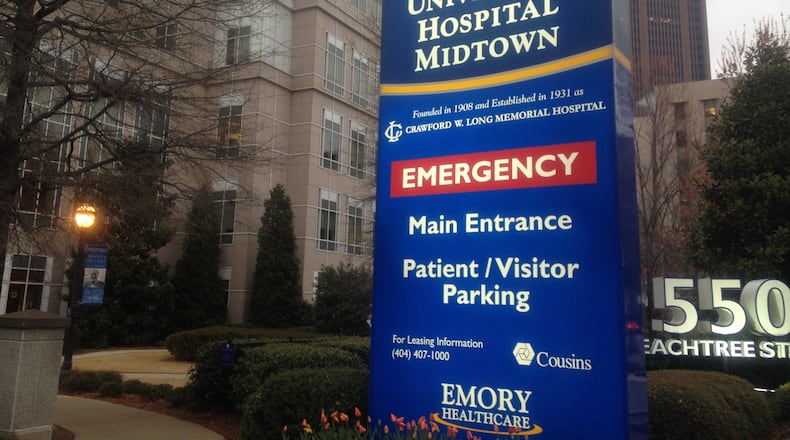It's Sunshine Week, the annual celebration of government transparency. For journalists, it's sort of like Festivus. This is our Airing of the Grievances.
Today's example: the Georgia Board of Pharmacy, which is on the front lines of the fight against this state's prescription drug addiction epidemic because it has the power to revoke the licenses or registrations of pharmacies, pharmacists and pharmacy technicians. Even in the worst allegations of wrongdoing, they tell the public little about what went wrong.
Take the case of Emory University Midtown Hospital, which unwittingly financed a five-year scheme by pharmacy technicians to steal nearly 2 million doses of addictive prescription drugs to sell, according to investigators and board records. The board did not release the identities of these techs, and the public has to play a guessing game to tell whether they discussed the case in January, the month before the board placed the hospital's pharmacy license on probation.
The only suggestion in board minutes is this: "E.U.H.M. No action taken."
When the board does issue sanctions, it is typically through a “consent order,” the terms of which are negotiated between lawyers for the board and the alleged violator. While some sanctions are public, others are not disclosed at all. The accused pays a fine in secret and moves on.
In the case of Emory Midtown, the hospital did agree to a public sanction, which is the only reason the public knows that anything went awry there. The Board does not release other records related to the case.
Curious whether Emory cleans up its act? We may not know any details from the Board. According to the consent order, discussions on the hospital's compliance with sanctions will be held behind closed doors.
About the Author
Keep Reading
The Latest
Featured

